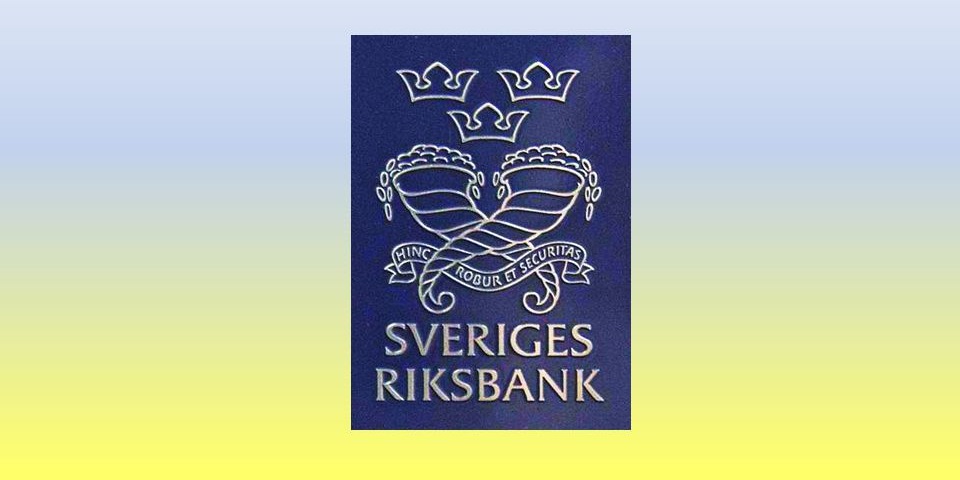
Public and private actors must work together to ensure that everyone in society can pay and contribute to the functioning of the payment system in the event of disruptions, in peacetime crisis situations and in states of heightened alert, according to Riksbank, the central bank of Sweden.
“Payments must work for everyone. In the longer term, all payments may be digital – but until then, cash plays an important role. We need legislation to ensure that cash can be used to pay. Banks must also ensure that more customers have access to payment accounts. These are important prerequisites for everyone to be able to pay today and in the future”, says Governor Erik Thedéen.
The government and Riksdag should legislate on cash management
The government has appointed an inquiry to review the possibility of paying cash for essential goods, including food and fuel. The Riksbank considers that the inquiry’s remit should be extended. For example, for cash to be used, it needs to be able to be transported to and from retail outlets at reasonable prices. Today, there is only one private company offering such services. The government’s investigator should submit proposals on the role of banks, the Riksbank and other authorities in ensuring that cash can be transported if the current solution stops working in the future.
The Riksbank also considers that banks should be obliged to accept deposits of banknotes and coins from private persons – at present they have no obligation to do so.
Banks and other payment service providers need to tailor their services to the needs of their customers
More private persons, companies and associations need access to payment accounts – many are currently excluded as they are seen as risky customers. The Riksbank considers that the banks should instead offer more accounts with limited functionality – so-called low-risk accounts – while taking into account the risk of money laundering. Banks and other payment service providers also need to adapt their services for people who have difficulty using digital technology. To simplify payments and identification, technical solutions such as biometrics could be more widely offered. Customers should also be able to pay at reasonable prices over the counter or by postal giro.
The banks also need to set individual limits on how much cash companies and associations can deposit in an account. Deposit machines often have excessively low limits, making it difficult to deposit daily takings into an account. This could lead to more companies and associations no longer accepting cash as a means of payment.
The Riksbank continues to enhance preparedness in the payment system
The Riksbank’s new regulations require companies to be able to maintain their own payment operations in peacetime crisis situations and states of heightened alert. The next step is to work with companies to strengthen the joint capability. The Riksbank will also take a leading role in the work to improve the possibilities for offline payments, i.e. payments when data communication does not work. Relevant private and public sector actors will be convened to contribute to the work.
Work on the e-krona continues
The e-krona can contribute to a more robust payment system, strengthen inclusion in the payments market and make payments between different currencies more efficient. Legislative work needs to start as soon as possible to ensure that it does not take too long to introduce an e-krona – if the Riksdag so decides. The Riksbank will therefore submit proposals to the Riksdag on what legislation may be needed if Sweden were to introduce an e-krona.
Developing the cash supply and modernising the payment system
By establishing new offices where companies can collect and deposit cash, the Riksbank is continuing to improve the supply of cash, which increases resilience against disruptions. In addition, work is continuing on the modernisation of the Riksbank’s payment system, RIX. For example, the Riksbank is investigating whether more actors can gain access to RIX in order to increase competition on the payments market. The Riksbank is also working to ensure that RIX contributes to faster and cheaper cross-border payments.
Banking 4.0 – „how was the experience for you”
„To be honest I think that Sinaia, your conference, is much better then Davos.”
Many more interesting quotes in the video below: